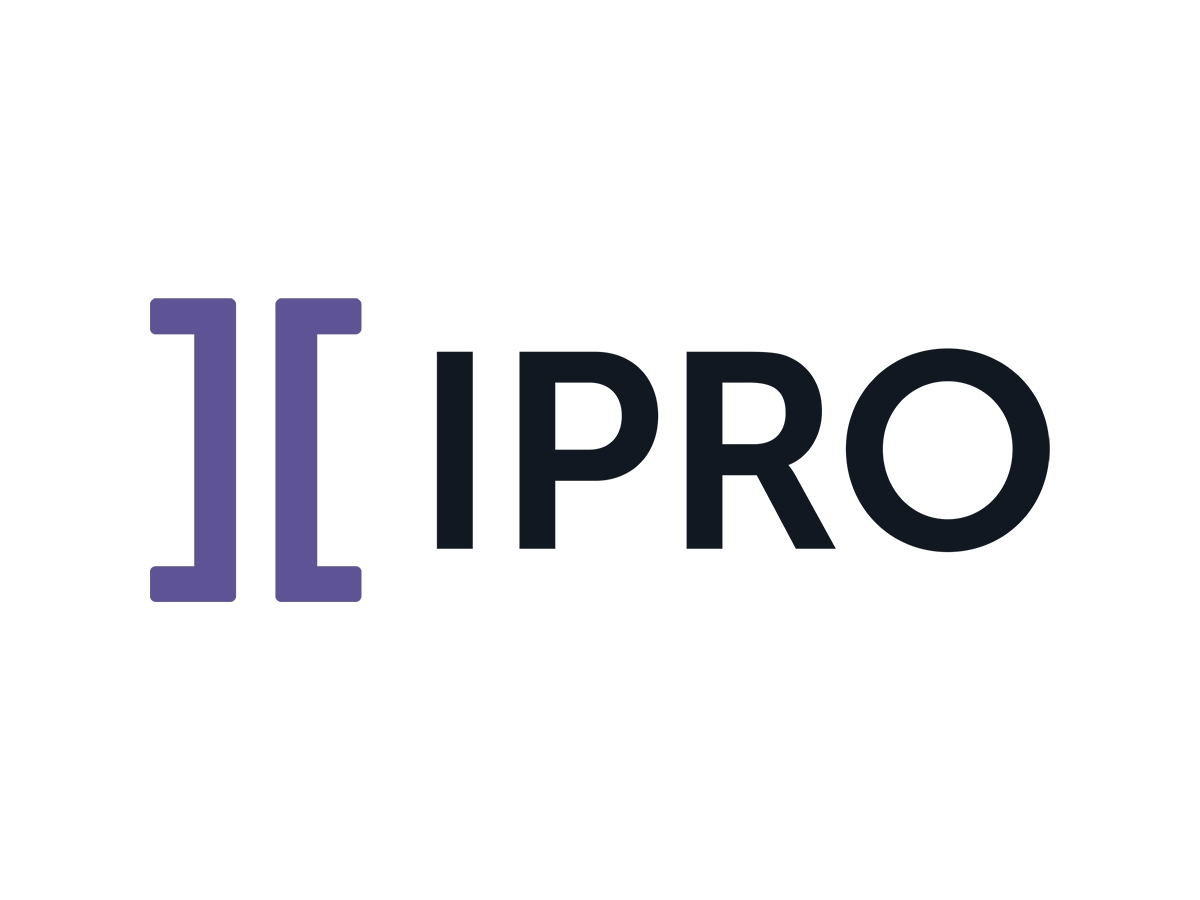

[author: Doug Austin, Editor of eDiscovery Today]
Last week on eDiscovery Today, I covered results from the polls taken during various sessions at the University of Florida E-Discovery Conference. With nearly 1,500 attendees for each session and several hundred responding to each poll, that resulted in very informative poll results!
One session that had some of the most interesting poll results was the Judicial Panel Session on Day 1 involving several judges who are very experienced in discovery matters, during which the attendees were asked several poll questions regarding judicial involvement in the discovery process as well as how knowledgeable judges are – and should be – about technology.
There were six poll results in the Judicial Panel (which I covered here) and 773 responses to each of the polls. Three of them had particularly noteworthy results:
Add to that last number 39% of respondents that said judges should be at least somewhat knowledgeable about technology and that leaves only 4% that think judges don’t need to be knowledgeable about technology – unless technology is central to the merits of the matter (which happens more often than ever these days).
There is no shortage of cases that require judges to consider technology implications in issuing their rulings. In some cases, they are even forced to defend their own practices regarding their own use of the technology. Here are three cases in the past two months I’ve covered that have required technology considerations from judges:
Each of these cases required some level of technology competence for the judge to make a ruling and it can be argued in at least two of them that a lack of technology competence could have led to a ruling that added to the discovery burden of the parties in the case. In the first case, the appellate court had to find that the trial court abused its discretion to grant the writ of mandamus, which is a significant hurdle to overcome. In the second case, the court granted the plaintiffs’ Motion to Compel, even though the defendants would need to review 225,000 additional documents at an additional cost of up to $235,000! It will be interesting to see if that ruling is appealed and, if so, if it is overruled.
Proportionality in discovery and conducting discovery upstream not only requires technology competence from attorneys involved in the case, but it also involves technology competence from the judges ruling on discovery disputes as well.
The Sedona Conference® Cooperation Proclamation: Resources for the Judiciary has existed since 2011 to provide some of those critical technology resources for judges, with the Third Edition recently published in 2020. Judges need to be technically competent too – just ask the 773 people who voted in the UF-Law poll!
[View source.]
See more »
Refine your interests »
This website uses cookies to improve user experience, track anonymous site usage, store authorization tokens and permit sharing on social media networks. By continuing to browse this website you accept the use of cookies. Click here to read more about how we use cookies.
Back to Top
Explore 2022 Readers’ Choice Awards
Copyright © var today = new Date(); var yyyy = today.getFullYear();document.write(yyyy + ” “); JD Supra, LLC
Author Profile
Latest entries
 राशीफल2024.04.25Aaj Ka Rashifal: कर्क और कन्या राशि वालों को कार्यक्षेत्र में मिल सकती है तरक्की, पढ़ें दैनिक राशिफल – अमर उजाला
राशीफल2024.04.25Aaj Ka Rashifal: कर्क और कन्या राशि वालों को कार्यक्षेत्र में मिल सकती है तरक्की, पढ़ें दैनिक राशिफल – अमर उजाला लाइफस्टाइल2024.04.25Winter & Migraine: इस मौसम में ट्रिगर हो सकती है माइग्रेन की समस्या, जानिए इसके कारण और बचाव के उपाय – अमर उजाला
लाइफस्टाइल2024.04.25Winter & Migraine: इस मौसम में ट्रिगर हो सकती है माइग्रेन की समस्या, जानिए इसके कारण और बचाव के उपाय – अमर उजाला धर्म2024.04.25'राजनीति का धर्म ' या 'धर्म की राजनीति' | Relation Between Politics and Religion – Hindi Oneindia – Oneindia Hindi
धर्म2024.04.25'राजनीति का धर्म ' या 'धर्म की राजनीति' | Relation Between Politics and Religion – Hindi Oneindia – Oneindia Hindi टेक2024.04.2522 New Technology Trends for 2024: New Tech Horizons – Simplilearn
टेक2024.04.2522 New Technology Trends for 2024: New Tech Horizons – Simplilearn











